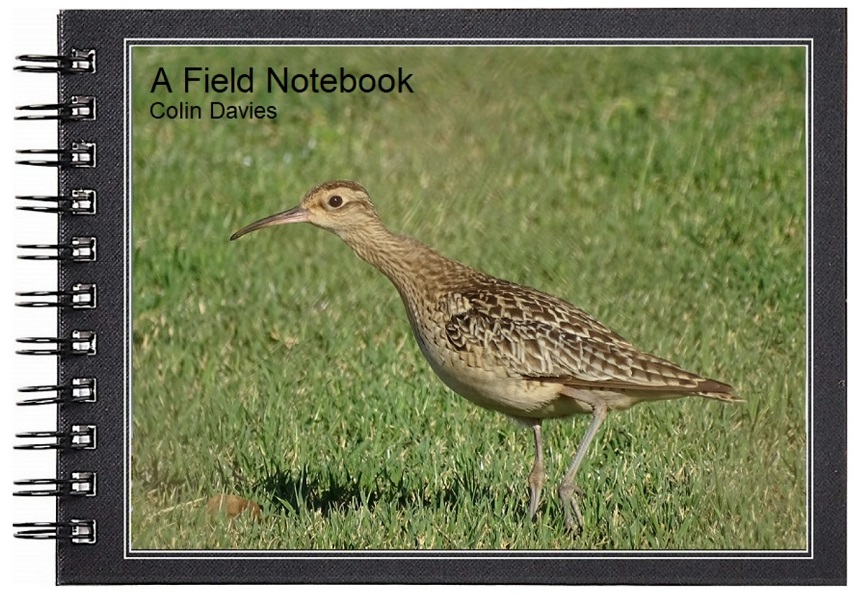It seemed like perfect conditions for looking through the scoter flock at
Ainsdale this morning, with bright sunshine and light winds. The only problem was
that high tide was 06:09 with low tide 12:52. Surely that would mean that the birds would be further out? I decided to give it a go
though because I remember last year when there was a black scoter off
Hoylake, the recommended viewing time there was actually low tide because
the scoter didn't really come much closer in at high tide, they more or less
stayed in the same position, over the mussel beds I guess, and if you were
prepared to walk a mile offshore you could get a lot closer to the birds at
low tide. It's the same flock and the same beach really, just that the River
Mersey is in between, so presumably the same rules apply? Anyway I decided
to give it a go.
I arrived at Ainsdale at 09:30 and walked out to the edge of the sea and
scanned the flock. There were probably about 500 common scoter spread across
the sea at reasonably close range, i.e. < 0.5km (1/3 mile). Then there were
probably another 500 up to 1km out at sea. Finally there were uncounted
hundreds (thousands?) that were just dots in the distance, even on 60x
magnification. They were so far out that I pondered for a moment if they were the same birds that I could see distantly from Colwyn Bay last week! And the answer is they probably are part of the same impressive flock, which stretches across the whole of Liverpool Bay.
Fortunately I managed to find a drake velvet scoter with one of the closer
flocks. It was close enough to see the white mark behind it's eye and I
could see the bill shape and pattern pretty well. Other birds seen today
included 6 red-breasted mergansers, 10 great crested grebes and at least 3
red-throated divers.
I stayed until 12:00 following the tide out but unfortunately there was no
sign of the recent surf scoter.





























